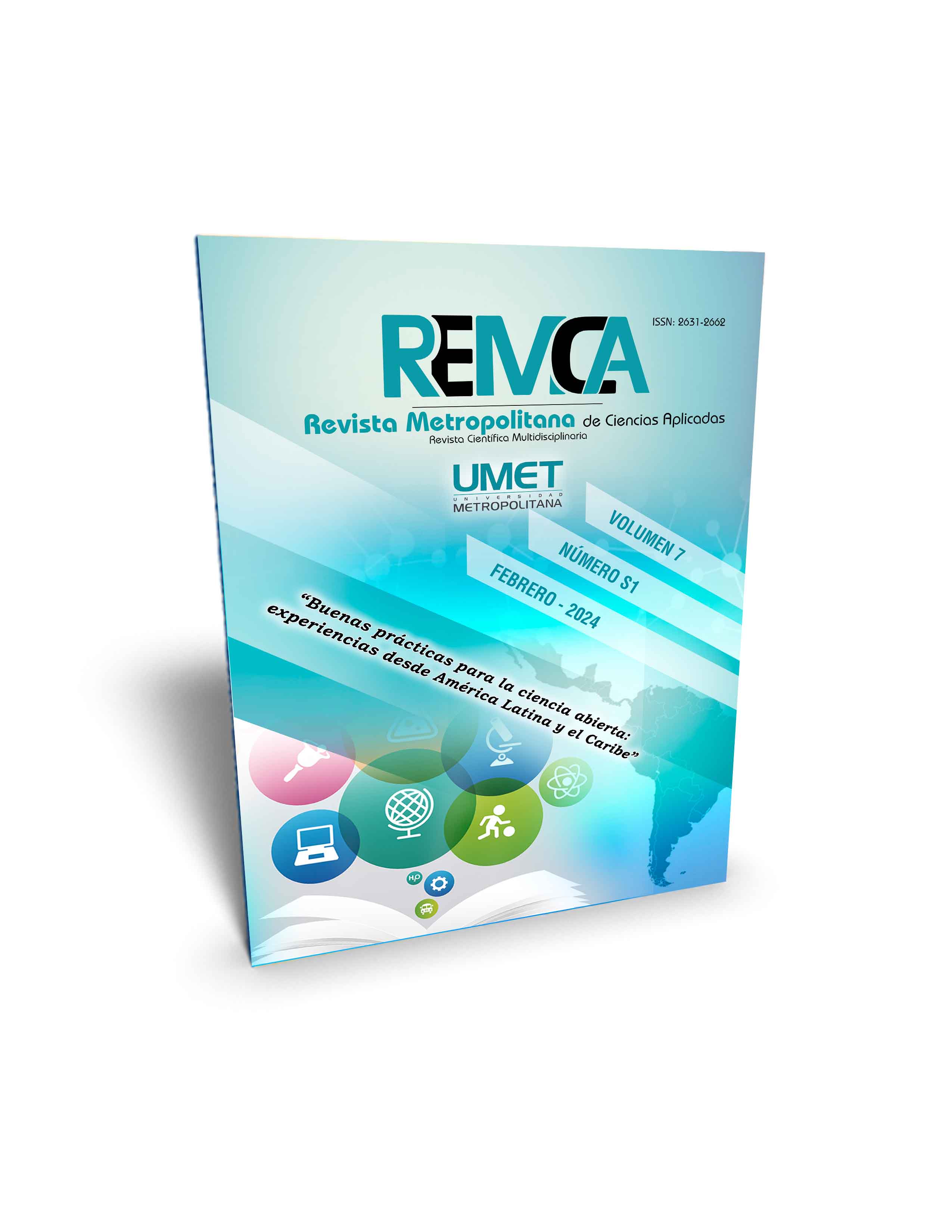For the preparation of the state of the question, education in the simple of its purposes has always seek to achieve success
DOI:
https://doi.org/10.62452/zma24t66Keywords:
Learning education, success, skills, technologyAbstract
Education in the simplest of its purposes has always sought to achieve success, but what is success? If each head is a world and each world is different in the imagination of each child. But it is still success to do things well, to find the meaning in the imagination of each child in the change of their consciousness, in the shine of their eyes, their sincere smile, and in being able to be together every class learning and teaching in the wonderful world of knowledge. In this sense, explore the influence of growth mindset and educational technology on academic performance. Growth mindset, which encompasses the belief that skills can be developed through practice and effort, has shown a positive impact on students' academic performance and resilience. On the other hand, educational technology, by personalizing instruction and addressing individual growth needs, promises to enrich the educational experience. Through a review of scientific literature and analysis of relevant studies, it is evident that the integration of these dimensions can significantly contribute to improving the quality of education, providing a more inclusive and stimulating learning environment.
Downloads
References
Deci, E. L. & Ryan, R. M. (2000). The “what” and “why” of goal pursuits: Human needs and the self determination of behavior. Psychological Inquiry, 11, 227-268.
Duckworth, A. L. (2016). Grit: El poder de la pasión y la perseverancia. Scribner.
Gamson, Z. F. (1987). Educating managers: Executive effectiveness through liberal learning. The Journal of Higher Education, (58) ,360–362.
García-Garduño, J. M. (2016). Reseña del libro Currículum: entre utopía y realidad, de Ángel Díaz Barriga. Revista Iberoamericana de Educación Superior, 7(19), 195-198.
González-Benito, A., López-Martín, E., Expósito-Casas, E., & Moreno-González, E. (2021). Motivación académica y autoeficacia percibida y su relación con el rendimiento académico en los estudiantes universitarios de la enseñanza a distancia. RELIEVE - Revista Electrónica De Investigación Y Evaluación Educativa, 27(2).
Locke, E. A., & Latham, G. P. (2002). Construyendo una teoría prácticamente útil de la fijación de metas y la motivación de la tarea: Una odiseo de 35 años. American Psychologist, (57),705-717.
Perfetti, C., Moates, D., & Song, Y. (2017). Tecnologías educativas adaptivas para la instrucción de alfabetización. Routledge.
Pintrich, P. R. (2003). Motivación y emoción en el aprendizaje y la enseñanza: El papel de los objetivos y afectación. En, W. M. Reynolds y G. E. Miller (Eds.), Handbook of Psychology. (pp. 357-387). John Wiley & Sons, Inc.
Rhew, E., Piro, J. S., Goolkasian, P., & Cosentino, P. (2018). The effects of a growth mindset on self-efficacy and motivation. Cogent Education, 5(1), 1-16.
Downloads
Published
Issue
Section
License
Copyright (c) 2024 Elisa Annabel Ponce-Serrano, Salvador Baltazar-Robles (Autor/a)

This work is licensed under a Creative Commons Attribution-NonCommercial-ShareAlike 4.0 International License.
Authors who publish in Revista Metropolitana de Ciencias Aplicadas (REMCA), agree to the following terms:
1. Copyright
Authors retain unrestricted copyright to their work. Authors grant the journal the right of first publication. To this end, they assign the journal non-exclusive exploitation rights (reproduction, distribution, public communication, and transformation). Authors may enter into additional agreements for the non-exclusive distribution of the version of the work published in the journal, provided that acknowledgment of its initial publication in this journal is given.
© The authors.
2. License
The articles are published in the journal under the Creative Commons Attribution-NonCommercial-ShareAlike 4.0 International License (CC BY-NC-SA 4.0). The terms can be found at: https://creativecommons.org/licenses/by-nc-sa/4.0/deed.en
This license allows:
- Sharing: Copying and redistributing the material in any medium or format.
- Adapting: Remixing, transforming, and building upon the material.
Under the following terms:
- Attribution: You must give appropriate credit, provide a link to the license, and indicate if any changes were made. You may do this in any reasonable manner, but not in any way that suggests the licensor endorses or sponsors your use.
- NonCommercial: You may not use the material for commercial purposes.
- ShareAlike: If you remix, transform, or build upon the material, you must distribute your creation under the same license as the original work.
There are no additional restrictions. You may not apply legal terms or technological measures that legally restrict others from doing anything the license permits.




